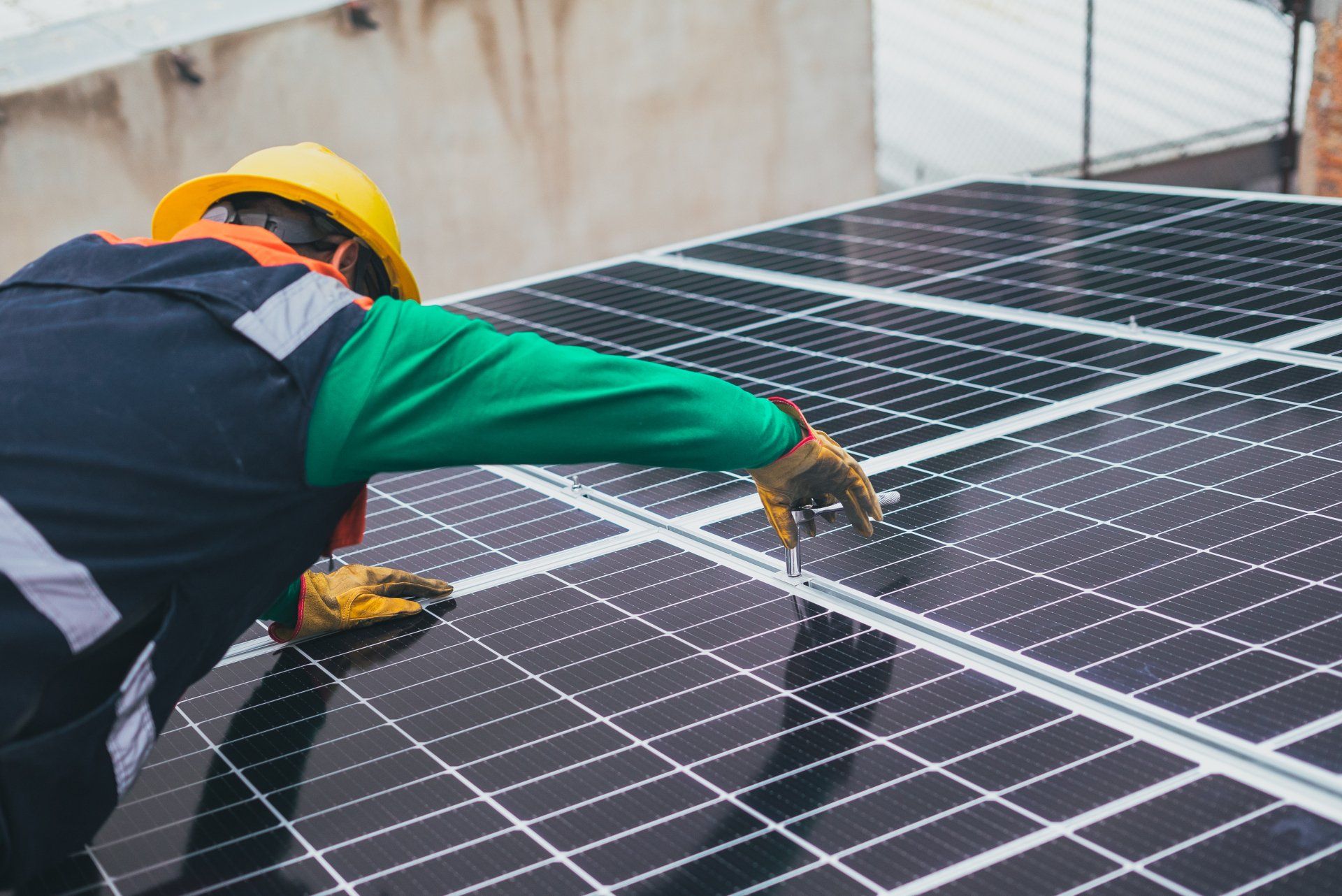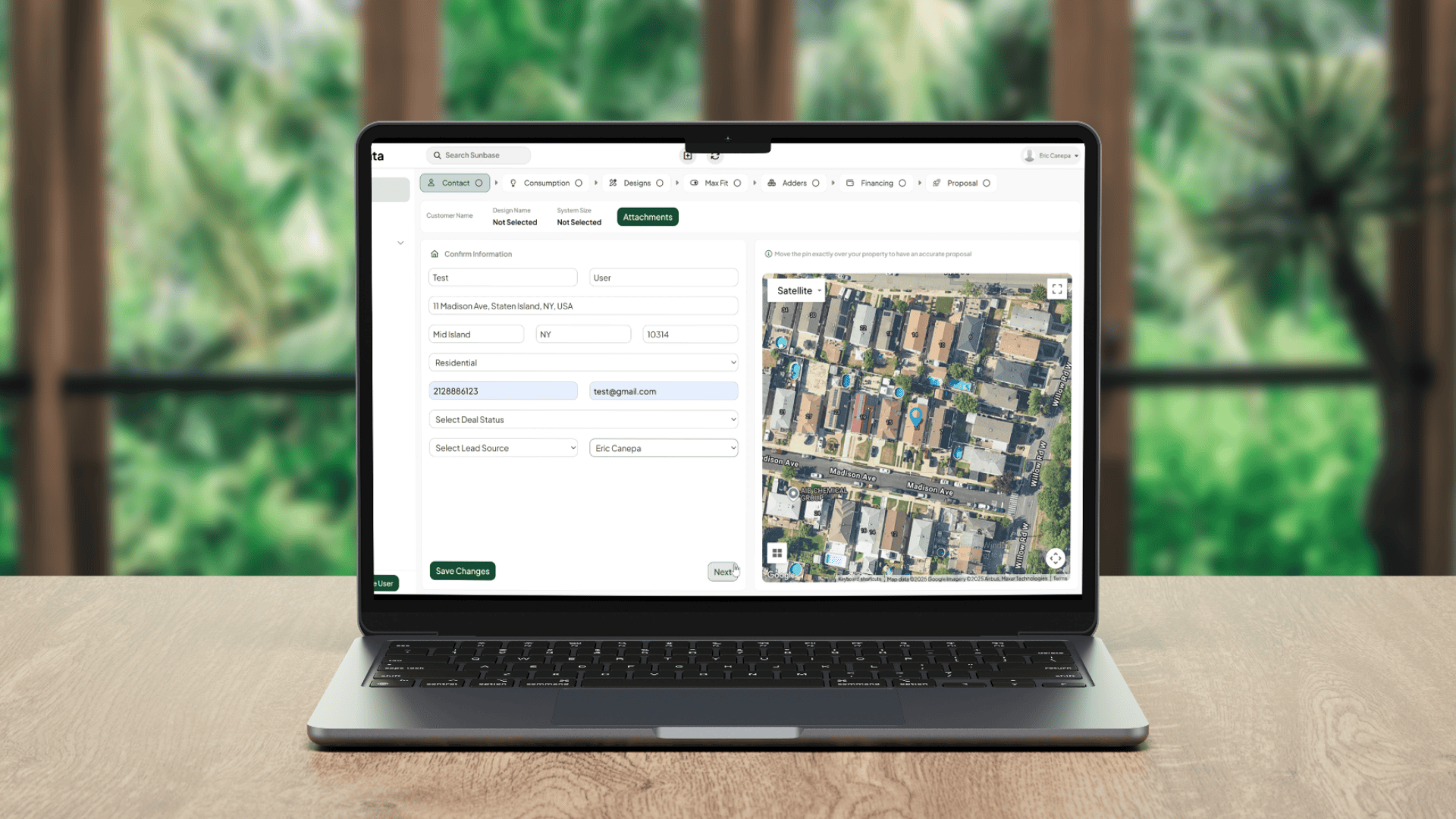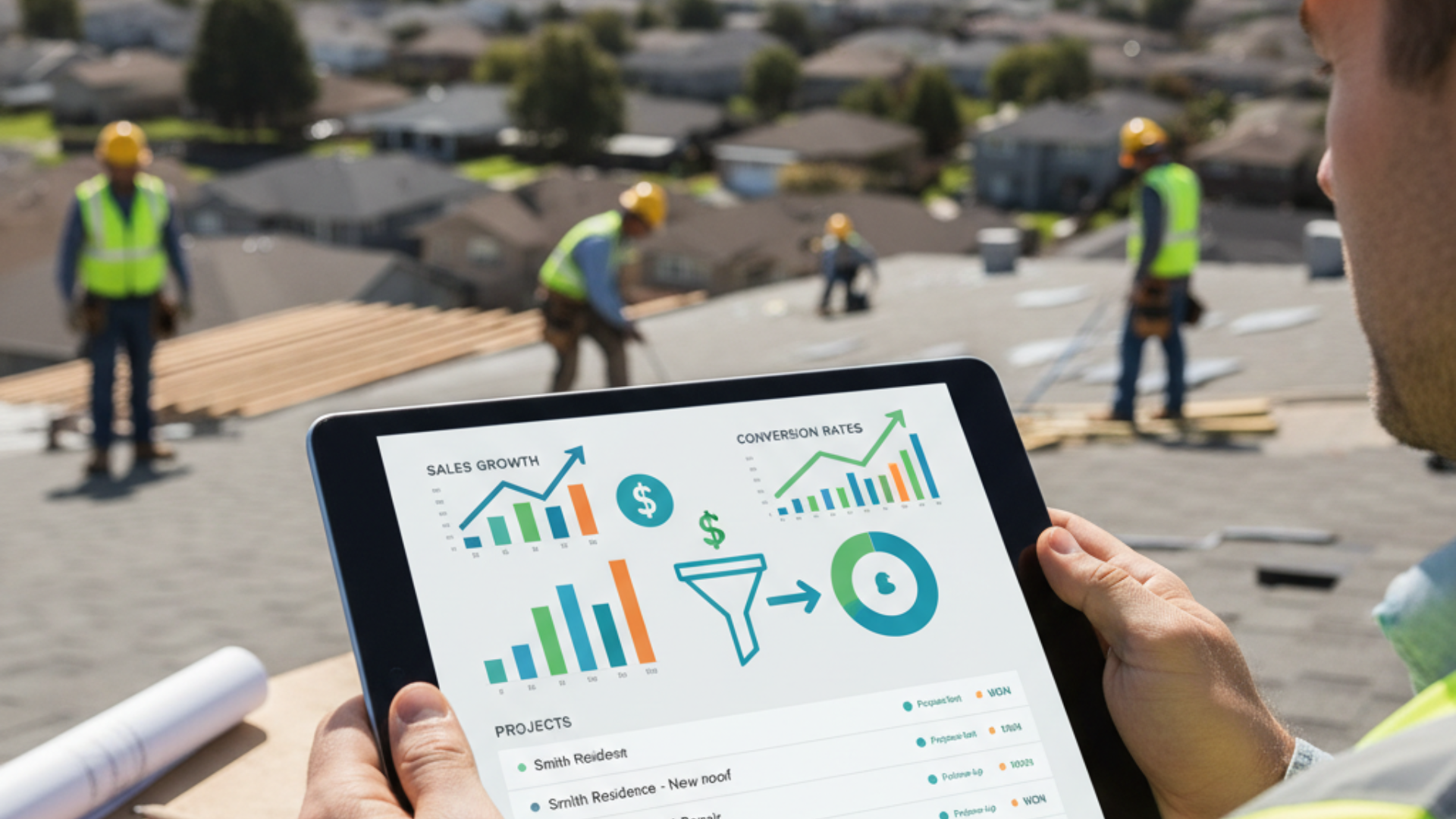September 25, 2023
When you are considering getting solar panels installed or if you currently have a solar system on your property, one question might come to your mind, which is 'Do Solar Panels Degrade?'. The answer to that is, yes.
Solar panels do degrade over time. Like every other piece of machinery, a solar panel also degrades over time. With this, other questions come to mind,
How long will you have to replace your solar system? How can you prevent or slow down the degradation process? Do you need to search for a better solar panel system? Why do solar panels degrade in the first place?
In this guide, we will cover all the questions you have about solar panels and their degradation rate! With that being said, let's continue with the article!
Understanding Solar Panels Degradation and How to Prevent It
Do solar panels degrade? Yes, but slowly, and usually at predictable rates. Most panels last 25+ years with only minor solar efficiency loss, thanks to durable designs and modern materials.
Still, weather, materials, and installation quality all play a role in solar panel lifespan. This guide explores the primary causes of solar panel degradation, along with practical maintenance tips to prolong their lifespan and safeguard your investment.
Key Takeaways
- Solar panels naturally degrade over time, typically losing about 0.5–1% efficiency per year, but quality panels can still perform well for 25–30 years.
- Heat, poor maintenance, partial shading, and low-quality materials are the leading causes of faster solar panel degradation.
- Regular cleaning, proper installation, full sun exposure, and investing in high-quality panels can significantly slow down the degradation process.
- With preventive measures such as solar tracking mounts, ventilation, and routine inspections, homeowners can maximize their panels' lifespan and long-term savings.
What Is Solar Panel Degradation and How Does It Happen?
According to the National Renewable Energy Laboratory (NREL), degradation is "the reduction in solar panel output over time."
Solar panel degradation is the phenomenon by which solar panels lose their efficiency over the years. Various factors, including environmental influences and exposure to unfavorable weather conditions, can lead to a loss of energy production.
The rate at which a solar panel degrades is referred to as its degradation rate. With proper maintenance and care, solar panels can continue to produce power for years after they're installed, and their degradation rate is significantly slower.
Solar panel degradation is one of the primary concerns for individuals considering solar energy, particularly those who are still undecided about the technology. Let's discuss the factors that contribute to solar panel degradation.
Read our blog for more insights on Lifespan of Solar Panel: How Long Do Solar Panel Batteries Last?
Top Causes of Solar Panel Degradation You Should Know
There are several factors that contribute to the solar panel degradation rate; let's examine some of the primary reasons why this phenomenon occurs.
Understanding what causes solar panels to degrade over time is important when it comes time to choose a solar power system. The following are the main causes of solar panel degradation.
1. Temperature and Weather:
Solar cells are subject to degradation from heat, so too much heat can increase the solar panel degradation rates and make the solar panels last for a shorter time.
This is why it's important to take into account your local weather conditions when installing a new solar energy system for your home or business - hotter weather temperatures will require more robust, efficient equipment.
If you live in a place with milder temperatures, cheaper materials may be an option that saves you money on installation costs and yet a good solar panel's performance.
2. Lack of Maintenance:
It's no mystery that solar panels cost a lot and most people assume solar panels are maintenance-free, but sadly this is not the truth!
Solar panels require cleaning and repairs or component replacements, on an average every six months. If you don't take care of your solar panels, it's going to cost more in the long term.
For example, overgrown trees can reduce exposure to sunlight hence solar panels won't produce electricity there. Less exposure to the solar cell means higher usage for your inverter which leads to a shorter lifetime & lower efficiency and power output because it has to work harder to create less amount of energy!
3. Partial Shading by Clouds or Dust:
While most people think about total shading when thinking about preventing light from reaching solar panels, partial shading can also cause problems!
This is especially true for solar panels on a tracking mount - as the sun moves across the sky, some of your panels will remain shaded for part or all of the day. Partial shading reduces electricity output which means your inverter has to work harder to produce power from what's available!
In extreme cases, partial shading can actually cause overheating and damage to components hence affecting the panel's life.
4. Interactions with Electric Equipment:
If you have appliances that use more electricity than average (such as an electric heating system, stovetop, or vacuum), you should be particularly careful where you place your solar panels.
When these types of appliances are used, they can draw more current through a grid-tie system and this will increase the voltage going through the inverter, causing a higher rate of degradation. In extreme cases, this can lead to inverter failure and system shutdown!
5. Quality of the Solar Panels:
Finally, it's important to mention that not all solar panels are created equally! Generally, you get what you pay for in terms of your solar system components. If solar panel manufacturers are selling products at an incredibly cheap price compared to competitors, chances are their products won't be of good quality.
This holds across most industries, including solar equipment manufacturers. Suppose a company can save money on production costs by using cheaper materials or cutting standard safety precautions. In that case, it will often do so to reduce overall costs and offer a "bargain" price tag on its goods, all at the expense of quality and safety.
6. Multiple Combinations of the Above:
Of course, there are plenty of other factors that can impact solar panel performance & solar panel lifespan. These are just some of the most common examples to consider when thinking about how quality is affected over time.
Luckily, modern technology has allowed us to have inverters that can better handle high voltage or partial shading, for example.
While it's still important to watch out for these things during solar panel installation, they won't be as significant a concern in most cases.
Here's your guide
to Optimum Angle for Solar Panels – Maximizing the Efficiency of Your System.

How Long Do Solar Panels Last on Average?
It is very difficult to quantify how long solar panels last because there are so many types of damage and most of them come from the environment. In most cases, they just tell you how long their warranty lasts which means that everything is going fine until then.
So it is a good idea to design your system in order to be able to cope without electricity during the period when modules lose efficiency at their fastest rate – around 25 years – and keep enough spare capacity installed.
What happens if you don't maintain your solar panels?
The state-of-the-art crystalline silicon photovoltaic cells have a guaranteed efficiency of up to 25 years, which yields approximately 80% power output after this period.
However, modules may lose some additional capacity for at least three main reasons:
- High or low temperatures above or below -50°C influence solar module lifetime
- The water inside the cell damages/hinders electrical connections
- Dirt reduces light absorption
It's also important to note that any batteries used in your system require maintenance as well. It's not as simple as throwing them away, though; they should be recycled to prevent landfills from being filled with toxic and corrosive chemicals and elements.
Preventive Tips to Slow Solar Panel Degradation
Here's what you can do to prevent panels from degrading fast:
1. Full Sun Exposure:
A surefire way to avoid solar panel degradation is to place your solar panels in an area that receives full sun throughout the day.
Suppose your panels aren't receiving direct sunlight for at least half of the day (for example, 10 hours). In that case, they are likely not getting enough light & heat to produce electricity at their maximum level, which can cause light-induced degradation.
2. Solar Tracking Mounts:
By tracking the movement of the sun across the sky, these solar tracking mounts enable solar panel systems to be 100% optimized for performance, even when a portion of a solar panel is shaded for part of the day.
While this isn't perfect, since some shading is still involved, it's far better than positioning stationary panels where the shade will impact just one or two sides instead of the entire system.
3. Under-Sizing Your System:
While this may seem like a bad idea, it's actually a very effective way to address many types of problems related to the solar panel degradation rate.
If your panels are undersized for your particular project (for example, watts are less than the total current draw), they will likely produce electricity at a stable rate over their lifetime and not be pushed beyond capacity!
Oversized solar systems can result in poor performance and a high degradation rate, but undersized panels won't usually cause any problems during their useful lifespan.
4. Quality of Panels
To avoid potential damage due to overheating or partial shading, it is recommended to purchase high-quality solar modules for your roof that can withstand higher thermal loads, higher temperatures, and more severe issues without experiencing degradation.
While this won't eliminate solar panel issues like these, it will reduce the likelihood that they will become a problem in most cases!
Do Solar Panels Degrade When Not in Use?
Yes, solar panels can degrade even when they are not actively generating electricity. While this isn't usually an issue (since many homeowners don't use 100% of their power output at all times), it's still something to consider if you want to maximize the effectiveness of your system!
How can the lifespan of Solar panels be extended?
- By utilizing a Sun Tracking system, solar panels will always face the sun. This would increase solar panel efficiency by up to 30% when compared to a fixed installation. Using a tracking system, the degradation rates become significantly less, and make your panels last longer!
- A protective covering on top of the panels that is highly durable and can endure harsh outdoor conditions for up to 25 years without affecting the electrical current produced by solar cells.
- Utilizing a Weather station connected directly with Solar Panels. This would aid in monitoring various factors, including temperature changes, rainfall, and humidity.
- Weather stations are used to measure temperature variations because PV Cells are sensitive to them. will inform appropriate measures to be taken before cellular failure occurs.
Here's your Complete Guide to Optimizing Solar Panel Placement for Peak Performance and Maximizing Your Sun Power.
Precautions To Take While Getting Solar Panels Installed To Avoid High Degradation
- The Solar Panels need to be cleaned very frequently, which can be done by a person rather than using automated machinery. Cleaning machines may damage the panel structure and adversely affect electrical production.
- Ensure proper ventilation for cells, as overheating conditions affect the surface of cells, thus degrading the performance of solar modules.
- Always use a dedicated circuit or an inverter for charging purposes; otherwise, PV Cells can be affected due to parasitic effects.
- Utilizing AC modules would greatly extend the lifespan of solar panels as compared to DC Modules, as there is no potential difference between cells, which reduces chemical reactions within cell layers.
How Sunbase Solar Design Software Helps Extend Solar Panel Life?
Understanding how solar panels degrade is one thing; designing systems that last longer is another. That’s where Sunbase Solar Design Software makes a real difference!
With Sunbase, solar professionals can:
- Optimize system design to minimize shading, mismatched panels, and placement errors that can reduce solar efficiency.
- Simulate performance over time to anticipate potential causes of solar panel degradation before installation.
- Select the right equipment by comparing panel specifications and warranties to maximize your solar panel's lifespan.
- Provide clients with accurate forecasts to help them understand how to maintain and extend the life of their solar panels.
In short, Sunbase helps you design smarter systems that minimize degradation and maximize returns—keeping your customers happy for years to come.
Conclusion
Solar panel systems have a useful lifespan of about 25 years to 30 years on average when installed correctly, which is why it's important to take precautions before getting your panels installed.
While Solar panel degradation doesn't usually occur during their normal lifespan, it can happen if you aren't careful or fail to take the necessary steps before installation!
By knowing what factors contribute to solar panel degradation, you can take steps to minimize the likelihood of experiencing problems with your system!
Get More from Your Solar Panels with Sunbase
Solar panels are resilient, but smart management makes them even more resilient.
Sunbase Software helps solar professionals design more effective systems, track performance, and ensure customers maximize the value of their investment. Contact us to book a demo!
FAQ's
1. Do solar panels degrade over time?
Yes. Solar panels degrade gradually, typically losing about 0.5%–1% of efficiency per year. Quality panels often last 25–30 years with reliable performance.
2. What are the main causes of solar panel degradation?
Common causes of solar panel degradation include UV exposure, weather extremes, material wear, and improper installation.
3. Can I extend solar panel life?
Yes. Regular solar panel maintenance, monitoring for shading or debris, and using high-quality equipment help extend solar panel life.
One Platform. Zero Chaos. Run Your Entire Business in One Place.
Sunbase replaces your CRM, proposals, scheduling, job tracking, and reporting tools — all inside one clean, connected platform.
About Sunbase
The All-In-One Platform to Run Your Entire Business
Sunbase helps you organize operations, streamline daily workflows, and manage everything - from first customer contact to final project deliver- in one connected system.
Our Mission
- Organize your business.
- Optimize your workflow.
- Automate what slows you down.
Why Businesses Choose Sunbase
One Connected Workflow
Replace scattered tools and manual processes with a single platform that brings together your team, tasks, customers, jobs, and performance data.
🌎 Global Presence
Serving the United States, Canada, India, LATAM, Australia, and 10+ international markets.
👥 11,000+ Users
Trusted by contractors, installers, project managers, sales teams, and field technicians.
🏗️ Built for All Sizes
From small contracting teams to fast-growing enterprises, Sunbase adapts to your workflow.
Useful Links For You
Stop Managing Your Business Manually. Automate It.
Sunbase automates workflows, reduces mistakes, and helps your team get more done - without hiring extra staff or juggling multiple tools.











